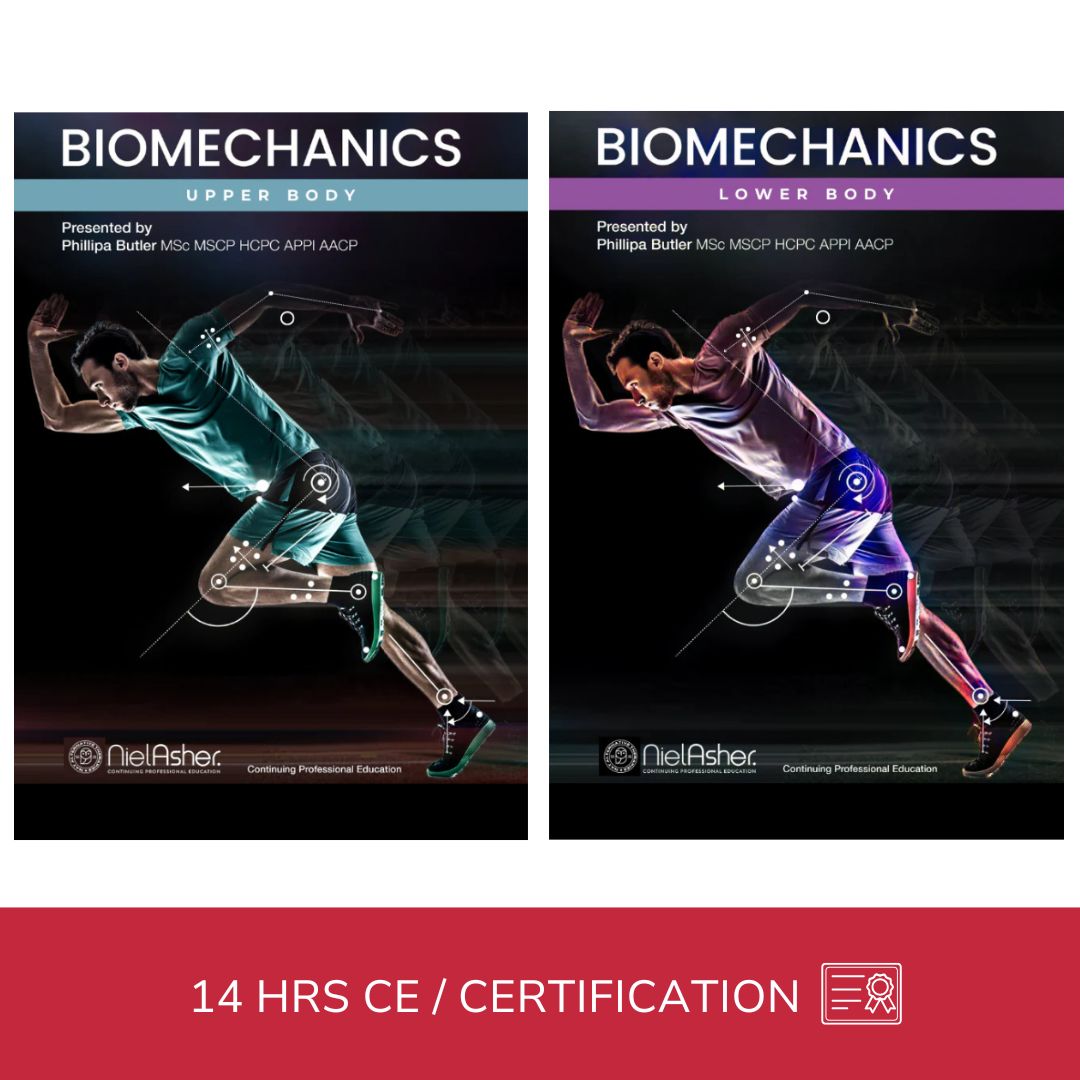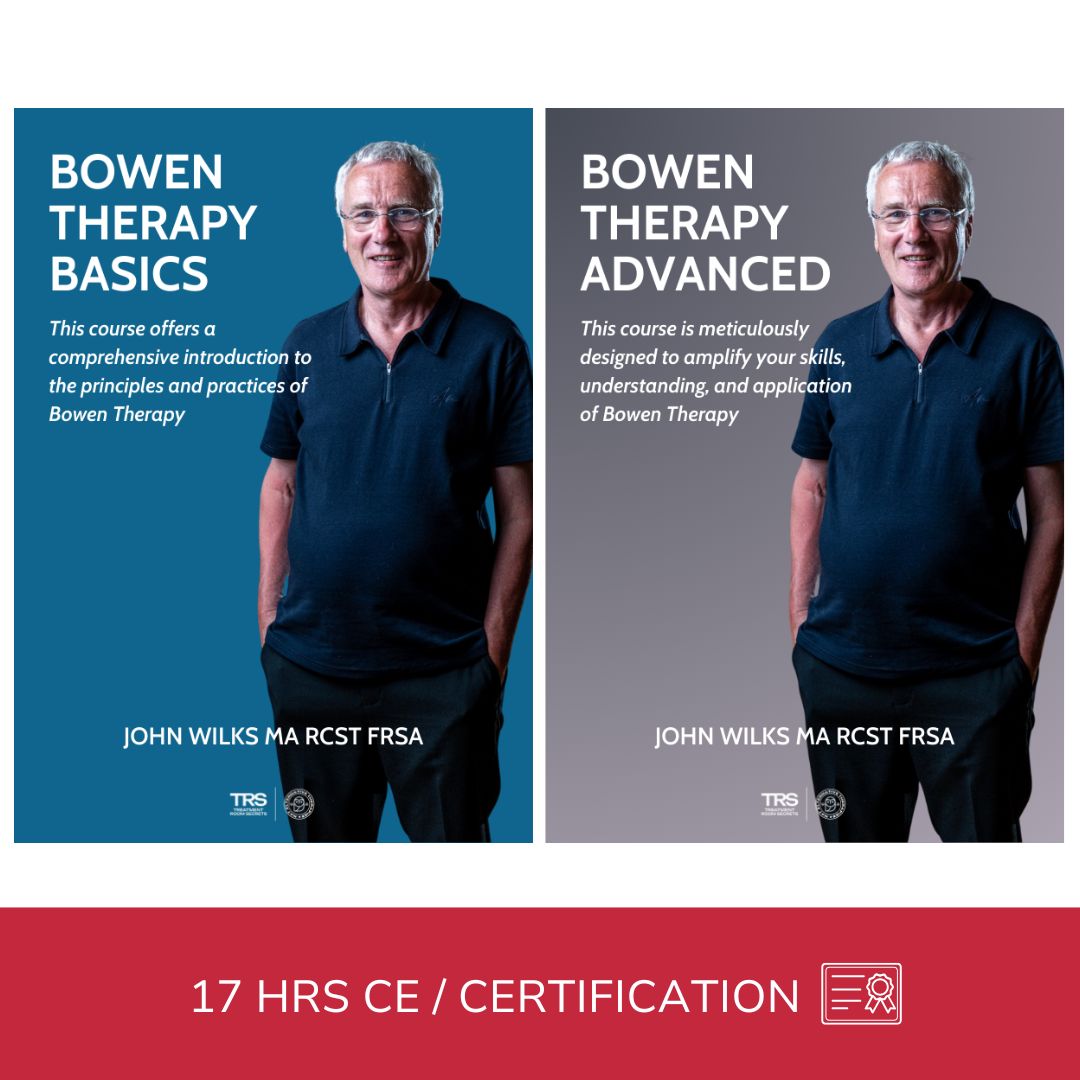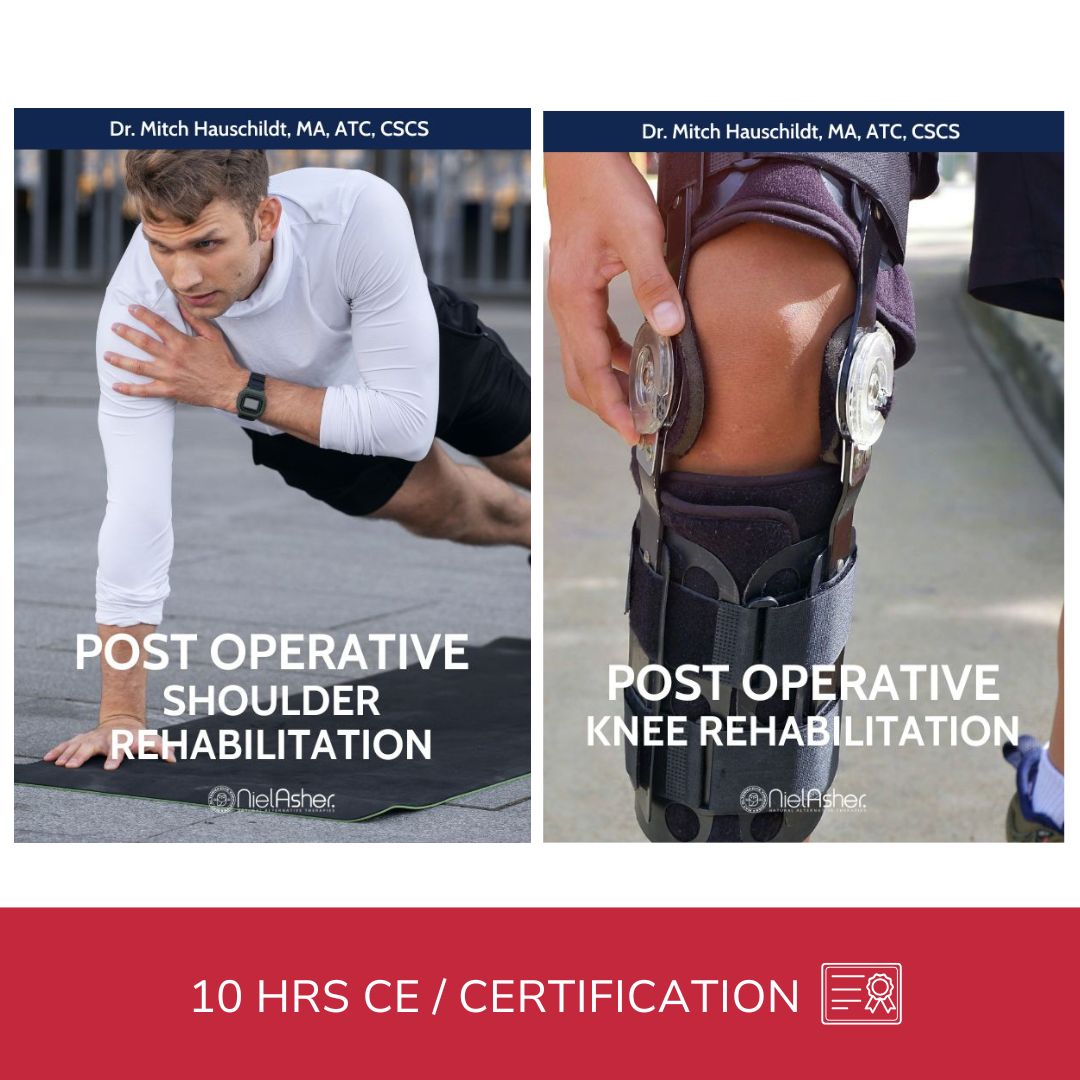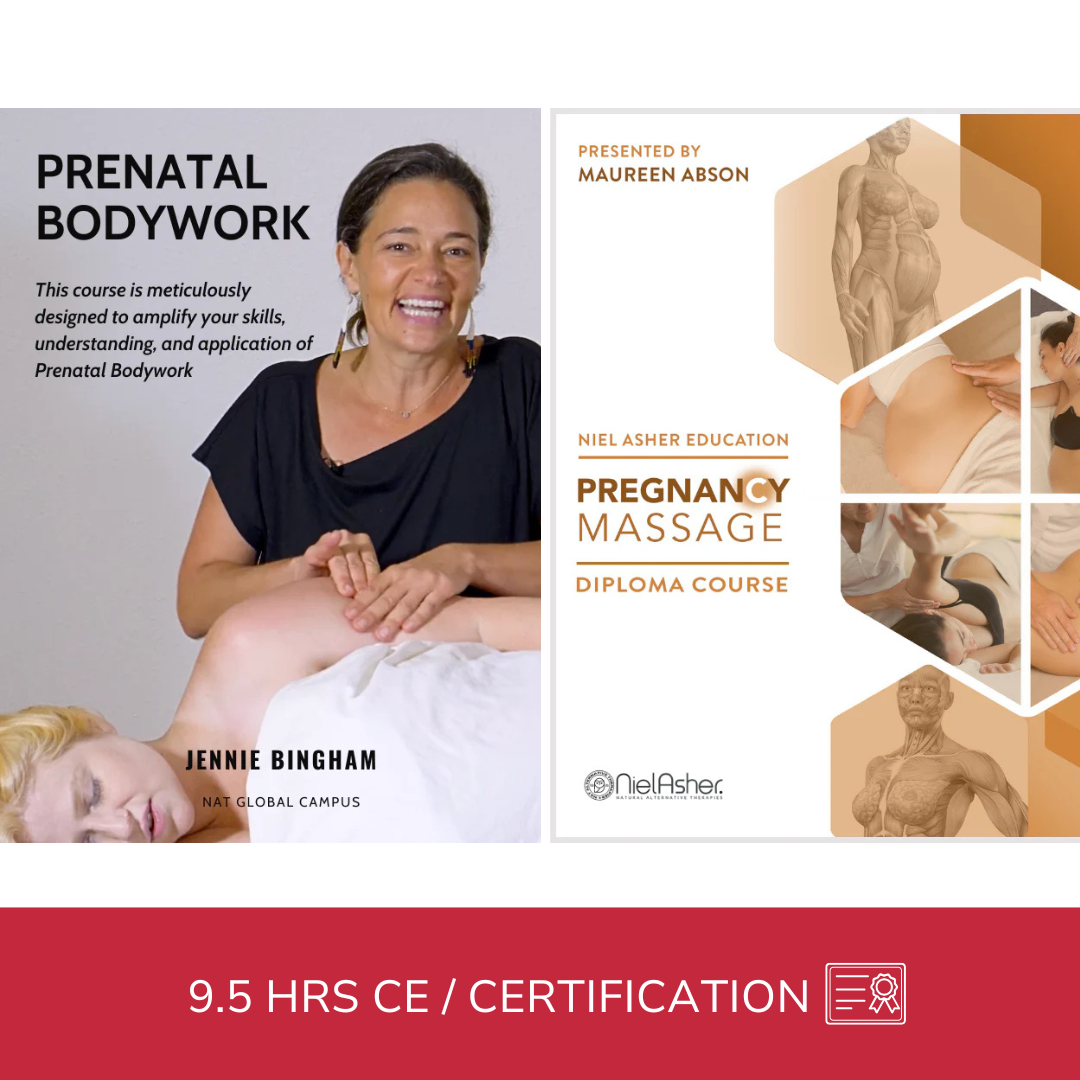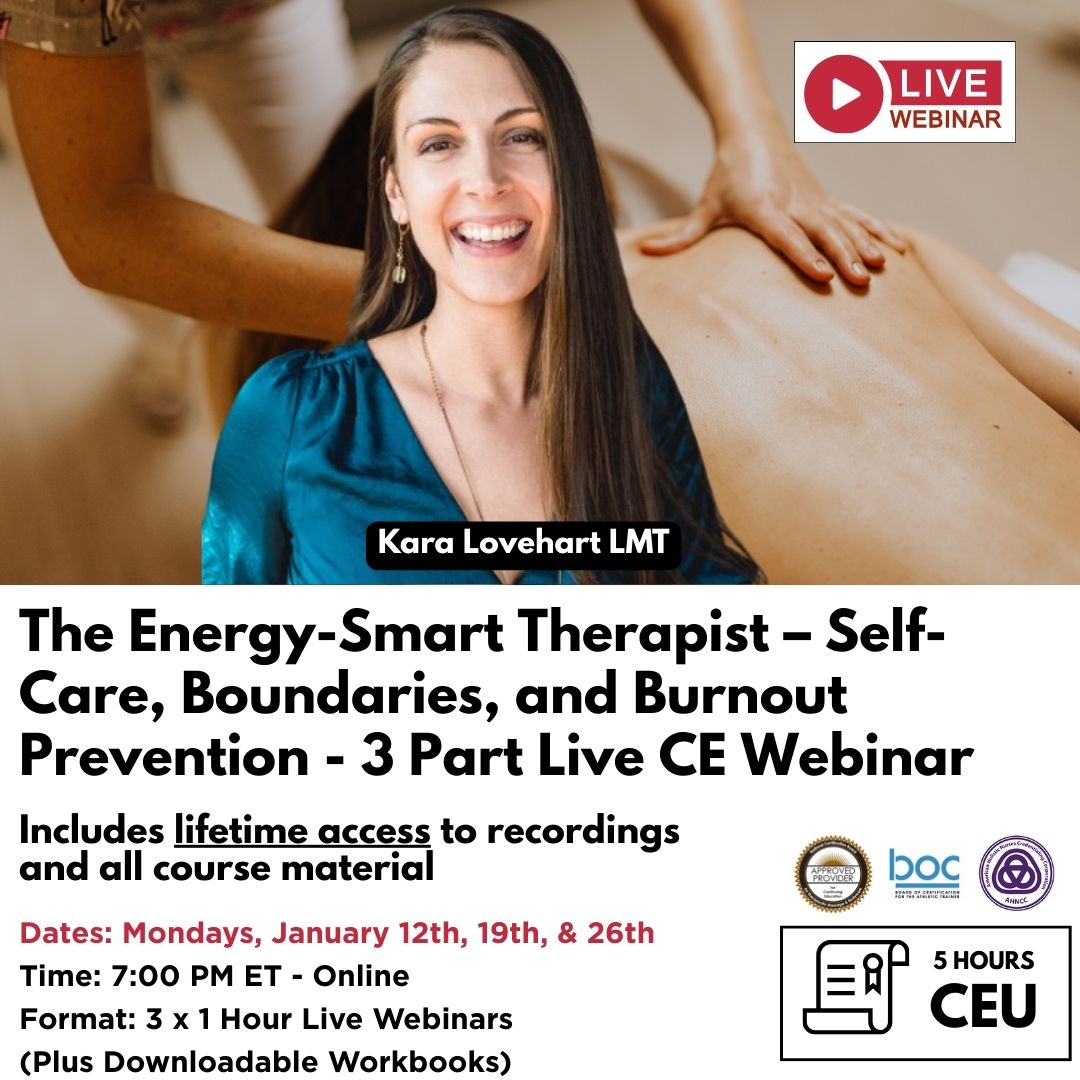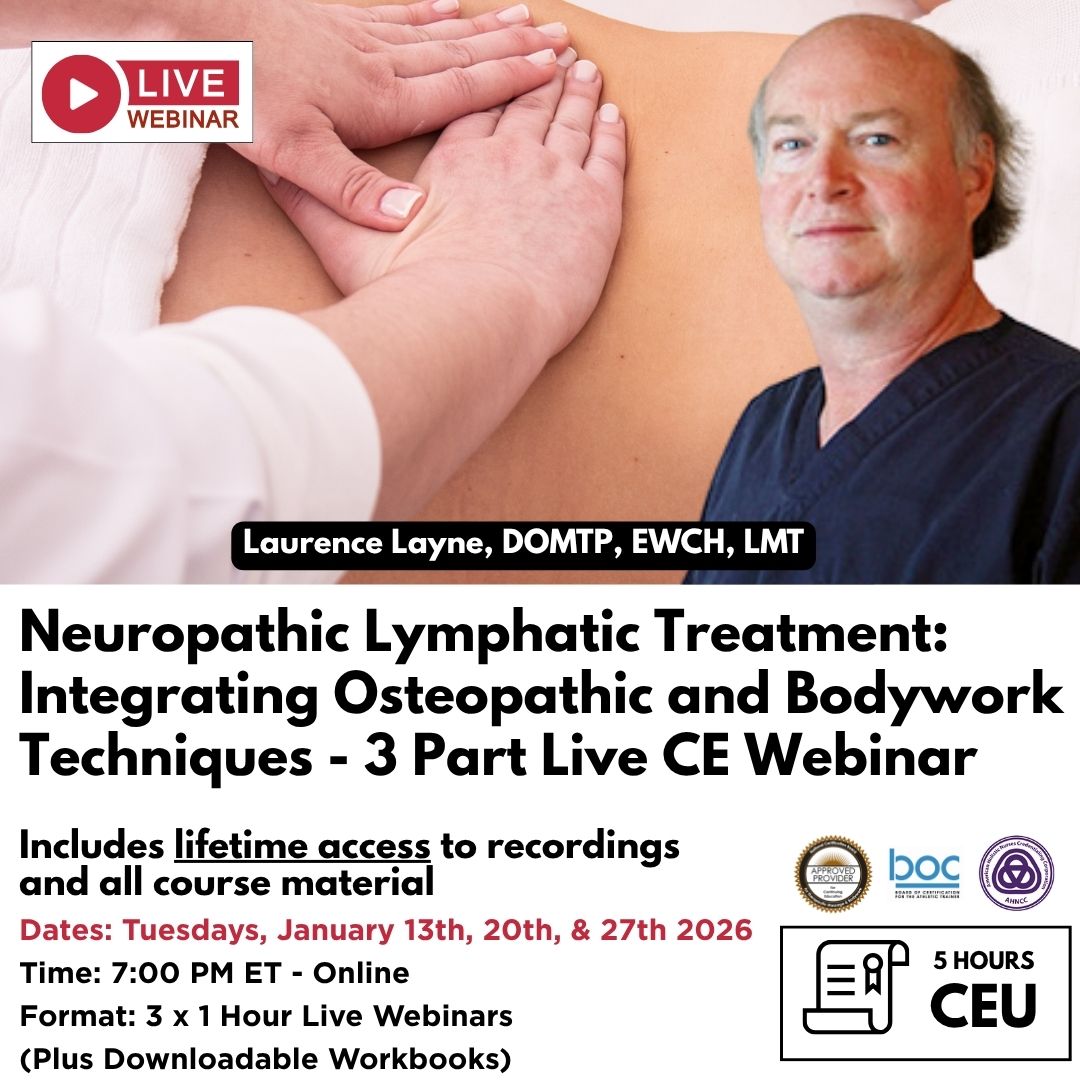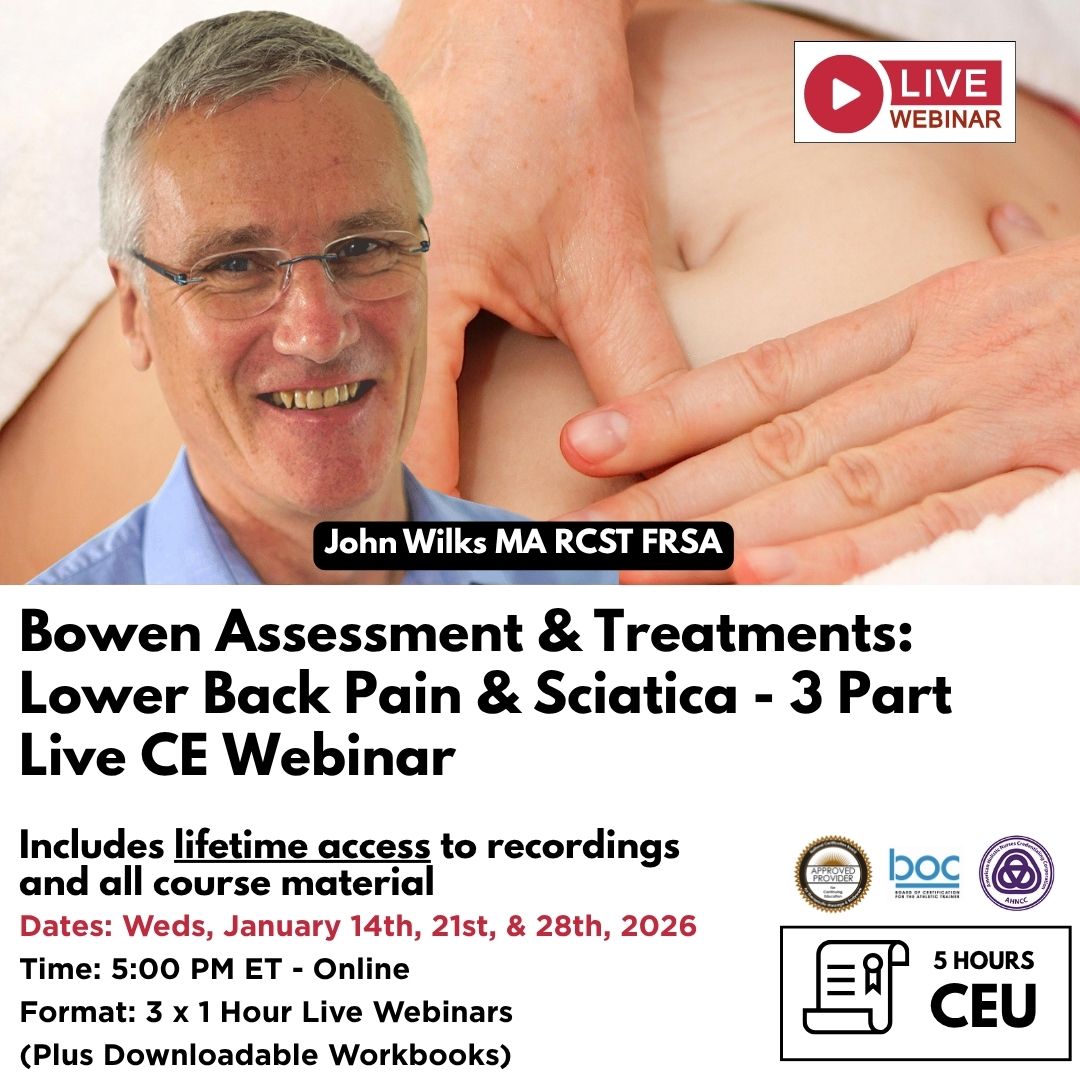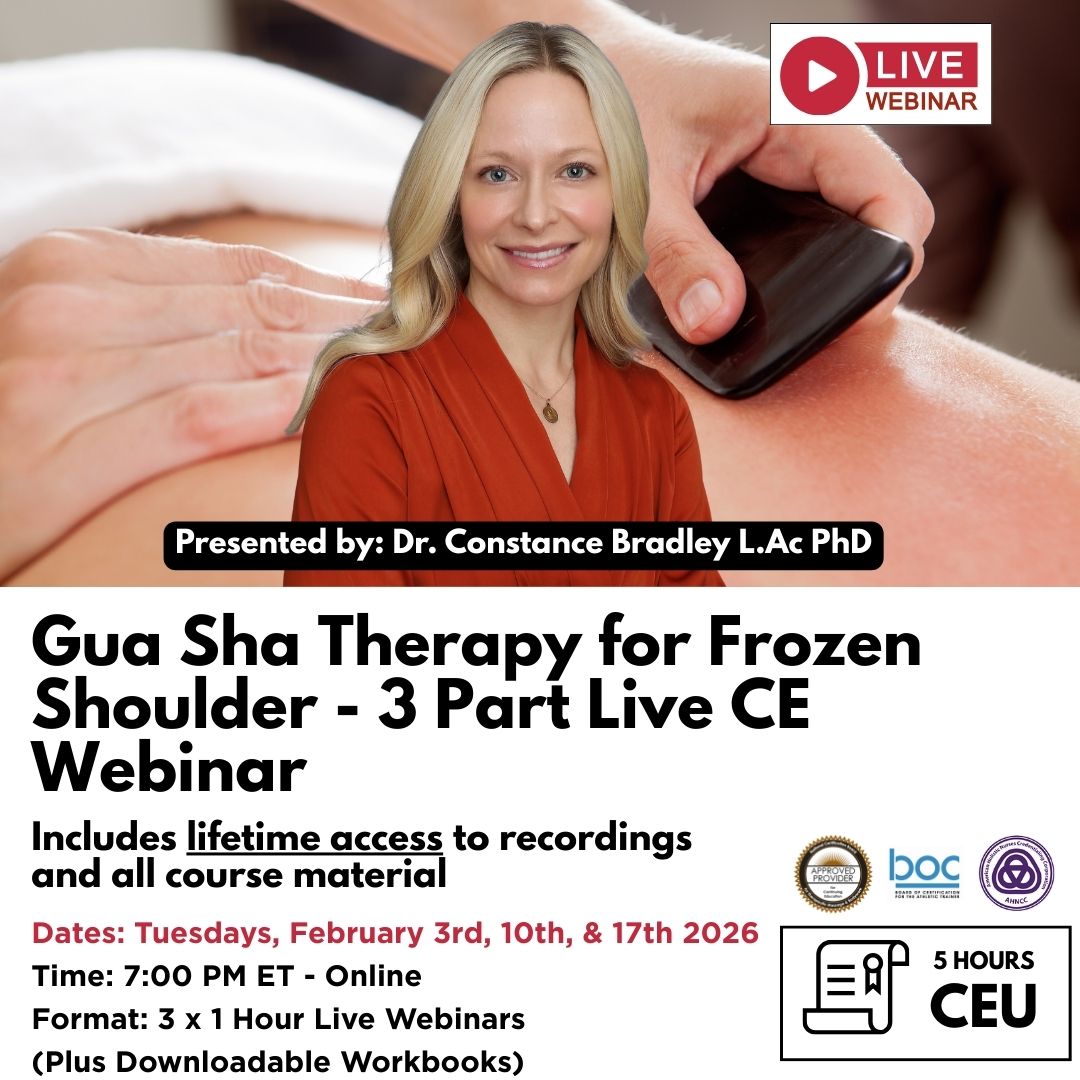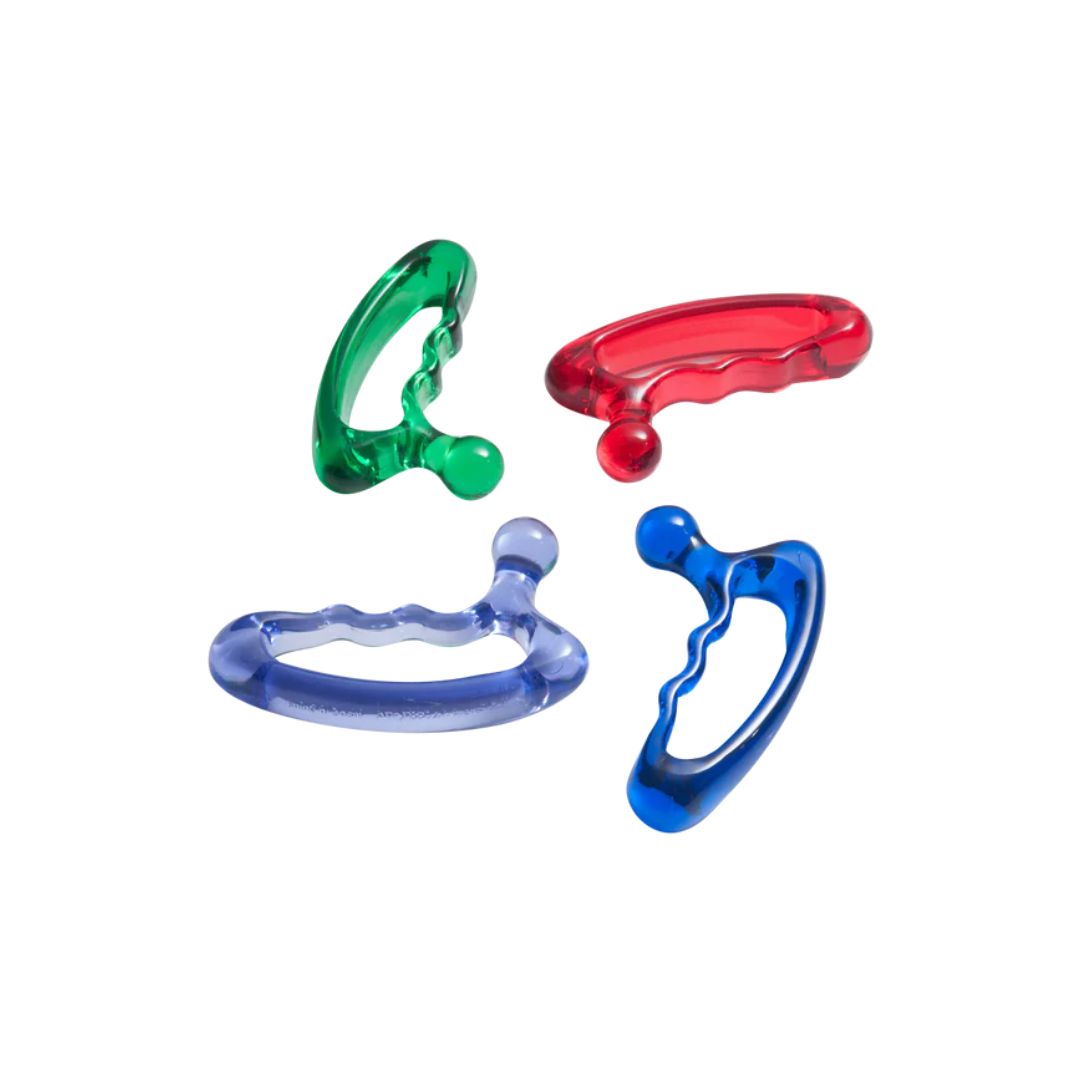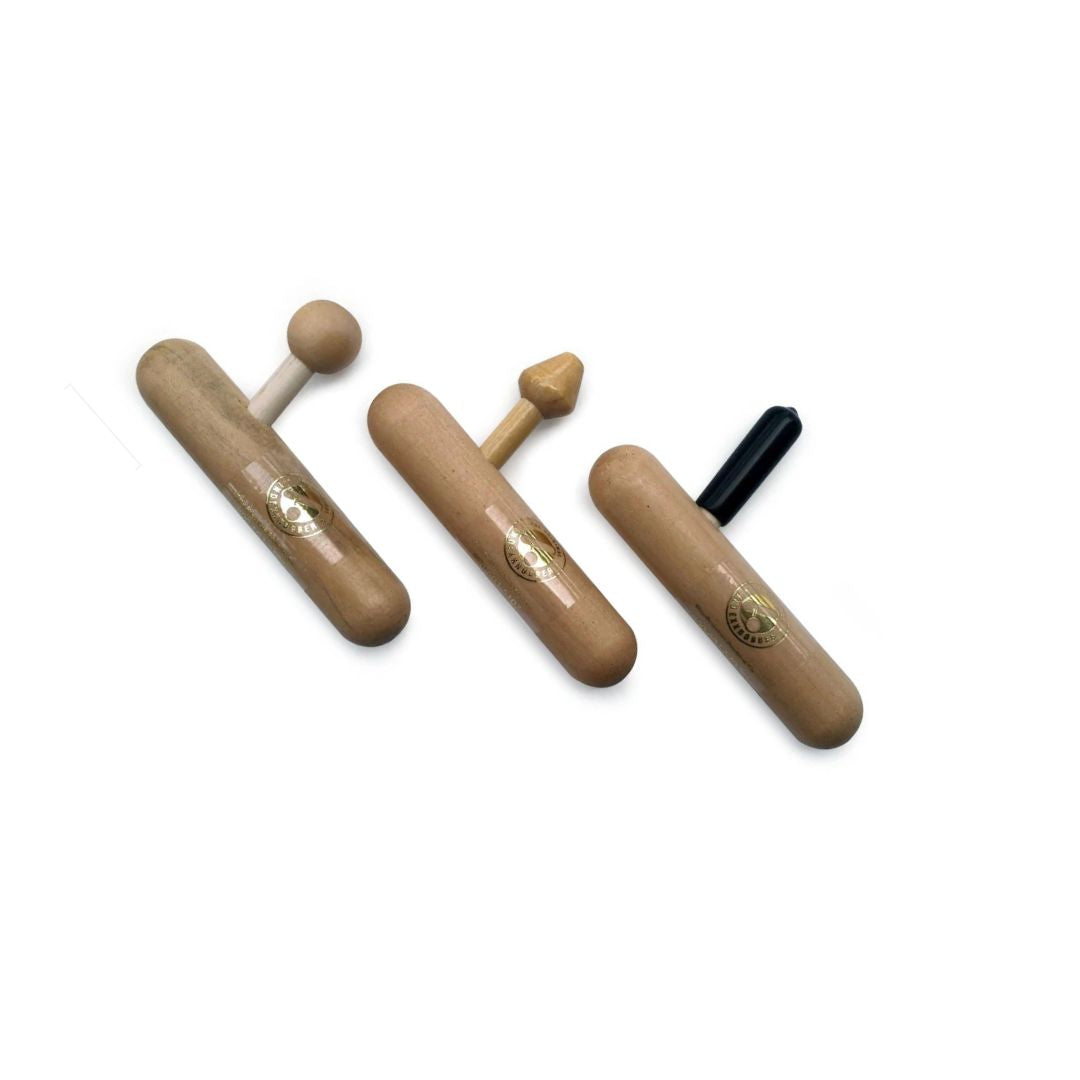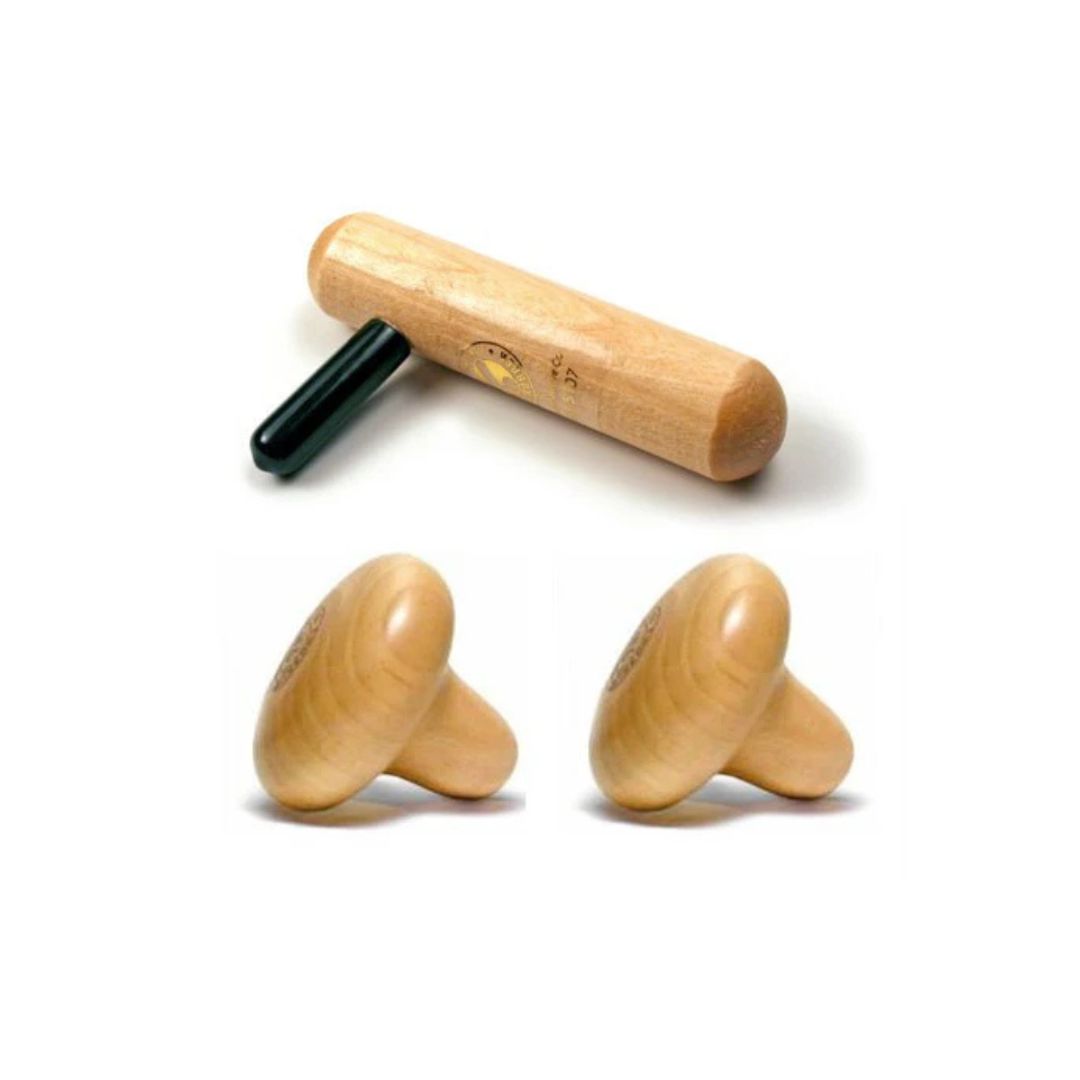Treating Neck Pain and Stiffness - Part 1

Treating the Stiff Neck
What is commonly known as a "stiff neck" is typically reported as soreness and difficulty moving the neck, especially when trying to turn the head sideways.
Neck Pain and Stiffness - Part 2
Symptoms
Clients may also present other associated symptoms including headache, neck pain, shoulder pain and even arm pain.
In many cases, failure to address the problem leads to various postural related issues.
This is because over time, the client will have begun to turn the entire body when attempting to look sideways, instead of just the neck.
This is always something to be aware of when treating a client for a stiff neck.
Assessment
It becomes especially important to note the length of time that the client has been suffering and to understand their occupation and lifestyle habits in the context of the neck, and the overall assessment.
Trigger Points
Trigger points are almost always involved and it's typically the same old culprits (Trapezius, Levator Scapulae, Splenius Muscles, and SCM), although as stated above, you often need to consider trigger points in all the main postural muscles.
Treatment
There are numerous techniques for treating the stiff neck, as this is such a common area for therapists to work on, and by the way, one of those areas where outcomes are usually extremely positive.
The technique demonstrated in this 10-minute master class video is one that we have found to be autonomously reproducible, and is typically performed in addition to direct treatment of the trigger points.
Other Common Neck Injuries
Symptoms of common neck muscle injuries include pain, stiffness, numbness, and difficulty with balance. Neck strain can be caused by trauma, poor posture, or poor sleeping habits. It can also be a result of degenerative diseases in the spine.
Neck muscle injuries can range from minor to severe, and can lead to a loss of mobility. Neck injuries can also cause swelling and pain. Some injuries can be serious and life-threatening, but these are the rare and in most cases neck injuries can be treated and will heal over time or with lifestyle changes. The most common cause of neck muscle injuries is trauma.
Trauma can cause mild to severe strains and in some cases fractures of the vertebrae, which are the bones in the neck. These bones are stacked one on top of the other. They are also supported by ligaments and tendons.
Alternative Therapies
Whether you've injured your neck or are suffering from age-related arthritis, there are many ways to treat neck muscle pain. You can use over-the-counter medications but more often than not, after a correct medical diagnosis, massage therapy, manual therapy, physiotherapy will do the trick and help speed up the body's natural healing process. Typically, massage and manual therapists will apply their skills and experience to help to relieve your neck muscle pain, as well as teach you how to prevent its recurrence.
Consider also acupuncture, trigger point therapy, and trigger point dry needling (IMS).
The best first step is to understand where your muscles are located in your neck. Then, you can work with a trainer or fitness expert to help you target the area where you have pain, feeling stiff, or need to strengthen.
Some neck muscle pain is caused by poor posture. This can be treated by doing gentle stretching exercises every day. You can also apply heat or ice to help ease your neck pain. Keeping your head elevated while sleeping may also help to relieve your pain.
In some cases as a result of a more severe injury, a neck collar may also help to reduce your pain. You can find a soft neck collar at your drug store which you can typically wear for a few hours at a time.
Always make sure to get a medical diagnosis. Good luck and good health!
This blog is intended to be used for information purposes only and is not intended to be used for medical diagnosis or treatment or to substitute for a medical diagnosis and/or treatment rendered or prescribed by a physician or competent healthcare professional. This information is designed as educational material, but should not be taken as a recommendation for treatment of any particular person or patient. Always consult your physician if you think you need treatment or if you feel unwell.
About Niel Asher Education
Niel Asher Education (NAT Global Campus) is a globally recognised provider of high-quality professional learning for hands-on health and movement practitioners. Through an extensive catalogue of expert-led online courses, NAT delivers continuing education for massage therapists, supporting both newly qualified and highly experienced professionals with practical, clinically relevant training designed for real-world practice.
Beyond massage therapy, Niel Asher Education offers comprehensive continuing education for physical therapists, continuing education for athletic trainers, continuing education for chiropractors, and continuing education for rehabilitation professionals working across a wide range of clinical, sports, and wellness environments. Courses span manual therapy, movement, rehabilitation, pain management, integrative therapies, and practitioner self-care, with content presented by respected educators and clinicians from around the world.
Known for its high production values and practitioner-focused approach, Niel Asher Education emphasises clarity, practical application, and professional integrity. Its online learning model allows practitioners to study at their own pace while earning recognised certificates and maintaining ongoing professional development requirements, making continuing education accessible regardless of location or schedule.
Through partnerships with leading educational platforms and organisations worldwide, Niel Asher Education continues to expand access to trusted, high-quality continuing education for massage therapists, continuing education for physical therapists, continuing education for athletic trainers, continuing education for chiropractors, and continuing education for rehabilitation professionals, supporting lifelong learning and professional excellence across the global therapy community.
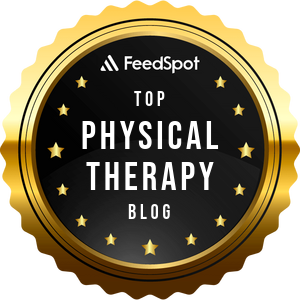
Continuing Professional Education
Looking for Massage Therapy CEUs, PT and ATC continuing education, chiropractic CE, or advanced manual therapy training? Explore our evidence-based online courses designed for hands-on professionals.

